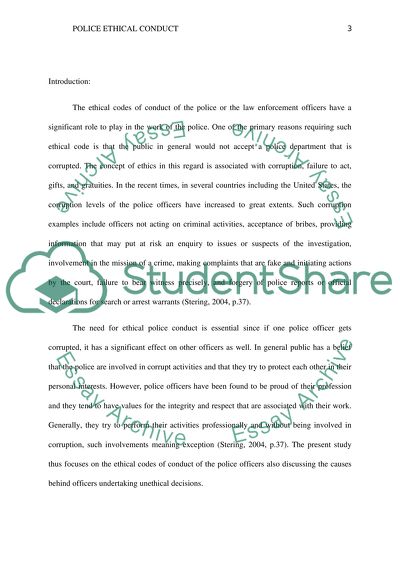Cite this document
(“Police Ethical Conduct Research Paper Example | Topics and Well Written Essays - 3000 words”, n.d.)
Retrieved from https://studentshare.org/law/1399247-police-ethical-coduct
Retrieved from https://studentshare.org/law/1399247-police-ethical-coduct
(Police Ethical Conduct Research Paper Example | Topics and Well Written Essays - 3000 Words)
https://studentshare.org/law/1399247-police-ethical-coduct.
https://studentshare.org/law/1399247-police-ethical-coduct.
“Police Ethical Conduct Research Paper Example | Topics and Well Written Essays - 3000 Words”, n.d. https://studentshare.org/law/1399247-police-ethical-coduct.


